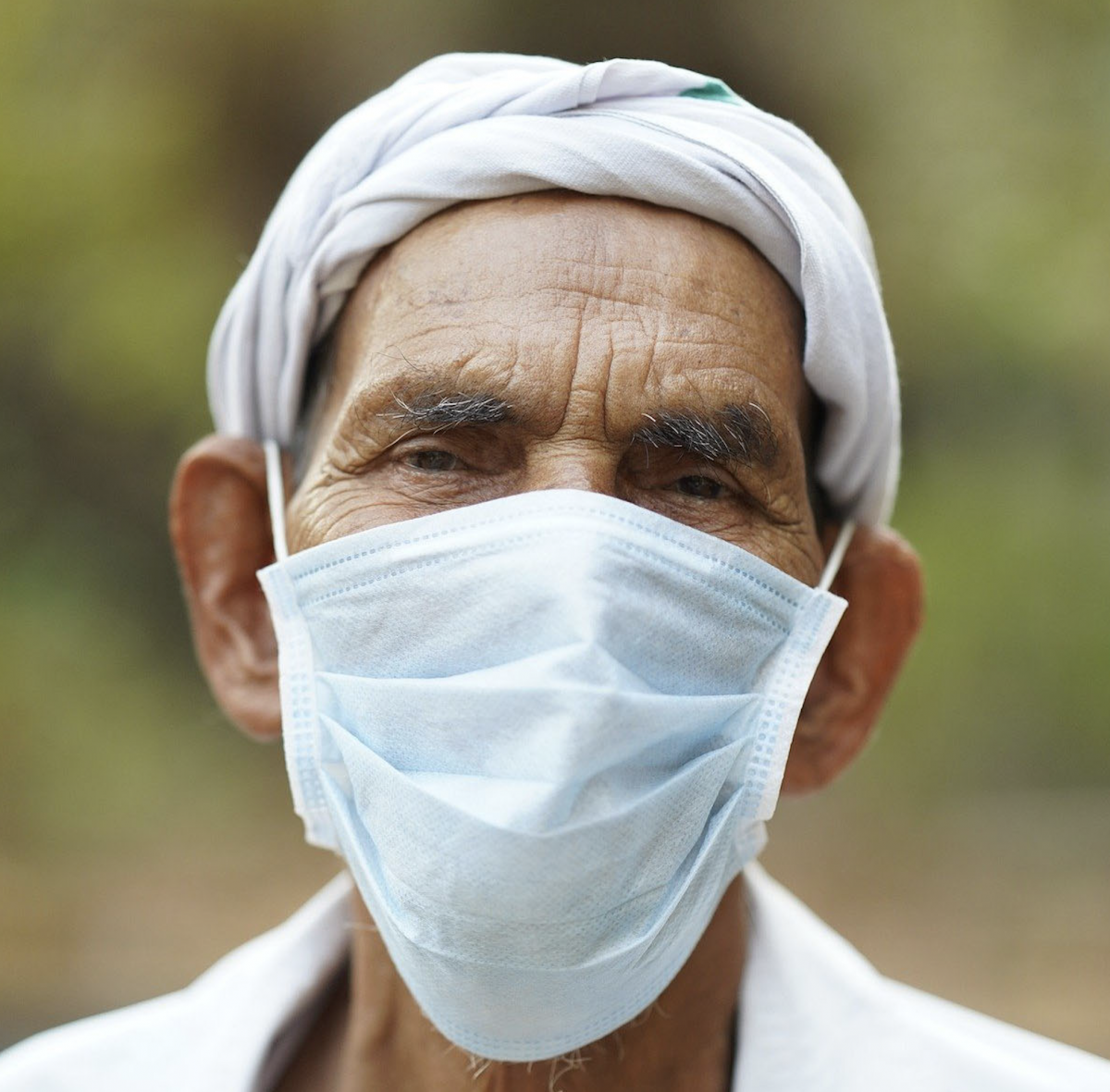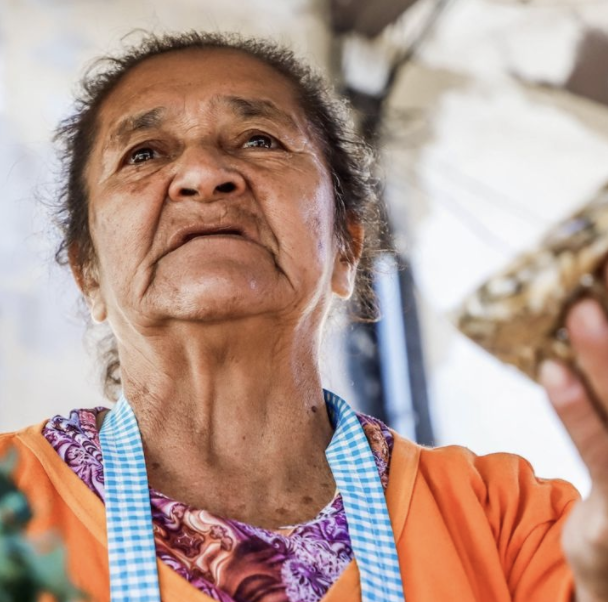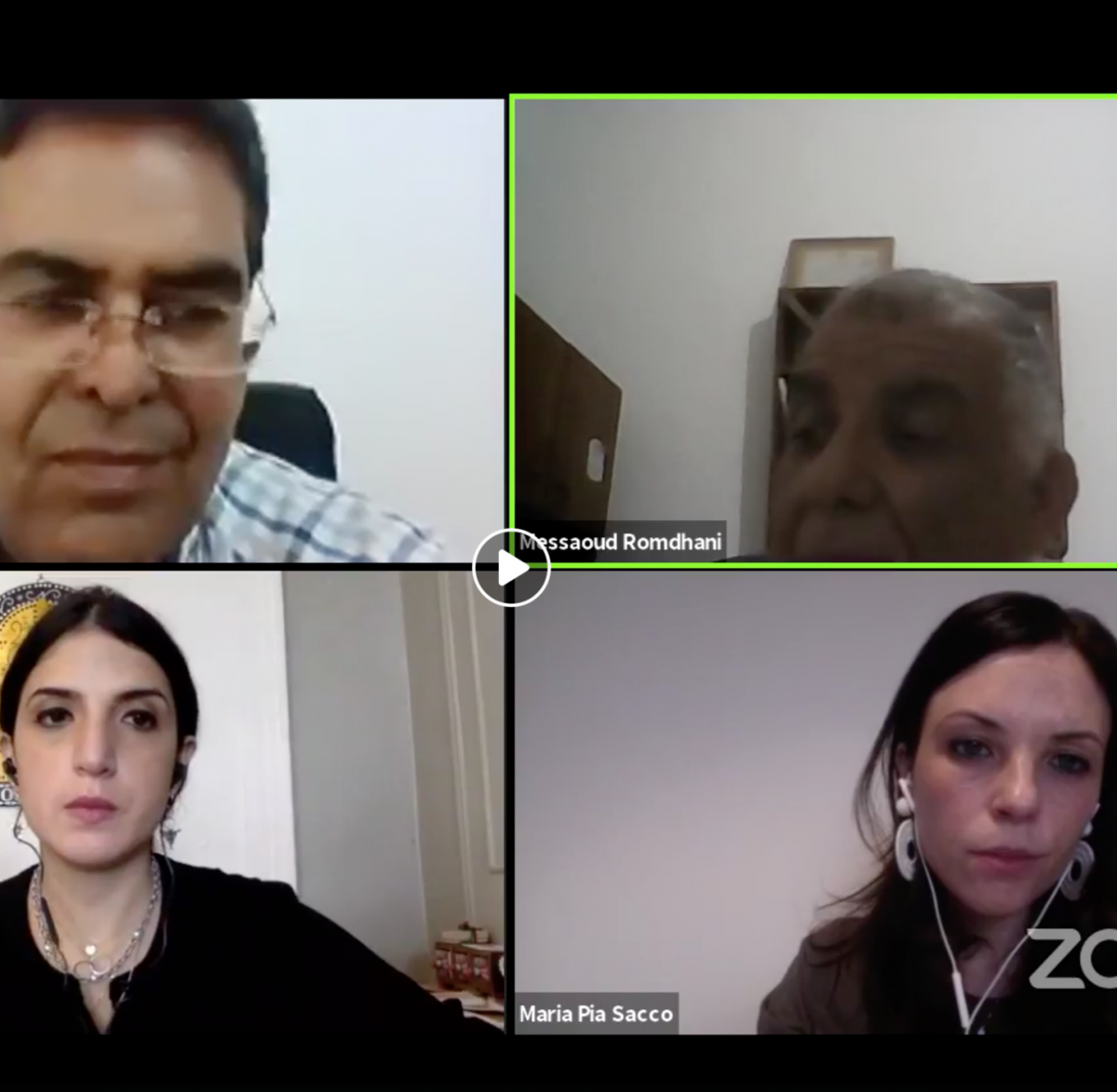June 18, 2020
There is a debate raging over how governments should design their economic relief and recovery packages in response to the COVID-19 pandemic. What policies should they prioritize? What groups are they reaching? How can measures spur a sustainable, green recovery? Decisions taken now will affect the lives and livelihoods of billions of people around the world. They’ll determine whether we really do “build back better” or whether the vast inequalities laid bare by the crisis will be further entrenched.
So far, governments have rarely taken into account the human rights commitments they have made and how these should shape or inform the path forward in response to COVID-19.This is a missed opportunity. As we navigate our way through the pandemic, we can draw on human rights standards to ensure governments and international institutions make decisions that steer us towards a more just economy. Meeting these standards demands action to redistribute resources, remedy inequalities, and rebalance power in our economies — both nationally and globally. Importantly, these standards reflect widely held values such as dignity, fairness, compassion and solidarity. These values unite communities around the world, strengthening our calls for change.
At CESR, we’re undertaking a number of activities to deepen understanding about the full range of commitments governments have made to guarantee our rights, including commitments to adequately fund socioeconomic rights. Our goal is to spark conversations across movements about how human rights standards can help shape responses to the economic fallout from COVID-19 that serve everyone, not just elites and powerful corporations. And to provide tools and resources that can spur collective action.
There are many different ways you can engage with this work:

In this series of 2-page briefs we’re unpacking—as simply and concretely as possible—what human rights standards say about different aspects of relief and recovery measures. These weekly briefs aim to translate human rights standards into useful tools for advocates and activists in making clear demands for economic transformation, as a concrete step under our new strategy.
So far we’ve explored how the obligation to invest maximum available resources should be interpreted in light of COVID, and what measures States should take now to avoid falling foul of their duty to cooperate internationally. Last week, in collaboration with Tax Justice Network, we looked at what kinds of tax measures would advance human rights while raising money to combat the pandemic and its fallout. Coming up, we’ll examine topics such as business bailouts, debt relief, and emergency income guarantee schemes.
Sign up here for Recovering Rights topics sent to your inbox as they are released.

Writing for Equal Times, CESR’s Allison Corkery argues the pandemic has highlighted the institutional failures that have long undermined socioeconomic rights. If we’re to achieve meaningful action to protect these rights, we need to translate legal obligations into meaningful tools for framing popular demands.
The Initiative for Human Rights in Fiscal Policy in Latin America, steered by CESR alongside six other leading organizations from Brazil, Colombia, Argentina, Mexico, and the broader region, is advocating for redistributive fiscal policies to ensure a comprehensive response to COVID-19. It calls on governments to undertake broad redistribution through taxes and spending, in order to avoid a profound human rights crisis in the region.
Writing for OpenGlobalRights, CESR’s Ignacio Saiz argues that the catastrophic consequences of austerity—pursued aggressively since the global financial crisis—has left people even more vulnerable to the effects of COVID-19. A range of new global financing instruments are needed so that all countries can mobilize "maximum available resources" to protect those at risk during the pandemic and to transition to more sustainable economies.

On July 1, CESR’s Kate Donald will join a webinar organized by the Women’s Working Group on Financing for Development and the Global Alliance for Tax Justice, on redistributive justice and taxation in the COVID-19 context. Last week, CESR’s Mahinour El Badrawi spoke at a webinar organized by EuroMedRights (still viewable here). Activists from the Middle East and North Africa asked “Will the Second Wave of the Crisis be Social?” and explored how to avoid repeating past mistakes, in particular the detrimental human rights impacts that followed the global financial crisis. And next week, Ignacio will be speaking at an OpenGlobalRights memorial webinar on COVID-19.
We see these activities as contributing to broader collective advocacy efforts. We’d love to hear questions, suggestions, and provocations to help sharpen how we approach them. Please do get in touch with thoughts and ideas.
Visit the Resourcing a Just Recovery landing page